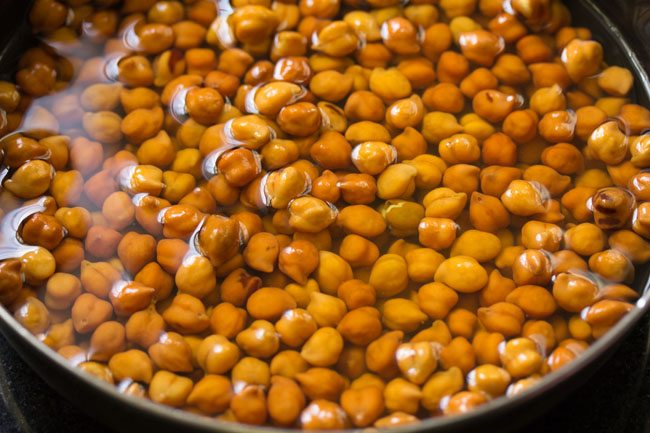
Body's natural defense turns tumor promoter under inflammation: Study says
One of the body's own natural proteins that defends against parasitic infections can favour tumour growth in those with chronic skin inflammation, according to a study which may lead to a better understanding of skin cancer.
Researchers, including those from Imperial College London in the UK, said the 'IgE' antibody, most commonly involved in allergic reactions, is present in healthy skin and protects against harmful substances in the environment, or parasitic infections.
'Chronic inflammation has been linked to many types of cancers, and may cause these by enabling the growth and survival of cells with cancer-causing mutations,' explained study lead author Mark Hayes from Imperial College London.
'But the exact steps in this process and the role of IgE were not previously clear,' Hayes said. As part of the study, the scientists assessed the biological processes which followed when inflammation-causing substances were applied to the skin.
They found that the production of IgE increased, and immune cells called basophils were attracted to the skin.
These immune cells were then activated by IgE, and they stimulated skin cells to divide and grow.
'Our previous and current findings reveal a strong link between IgE and cancer. But the biological consequences of IgE engagement in the skin clearly depends on the nature of the antibodies and the microenvironment in which the tumour grows,' said Jessica Strid, study co-author from Imperial College London


.jpeg)

1.jpg)


.jpg)
1.jpeg)

